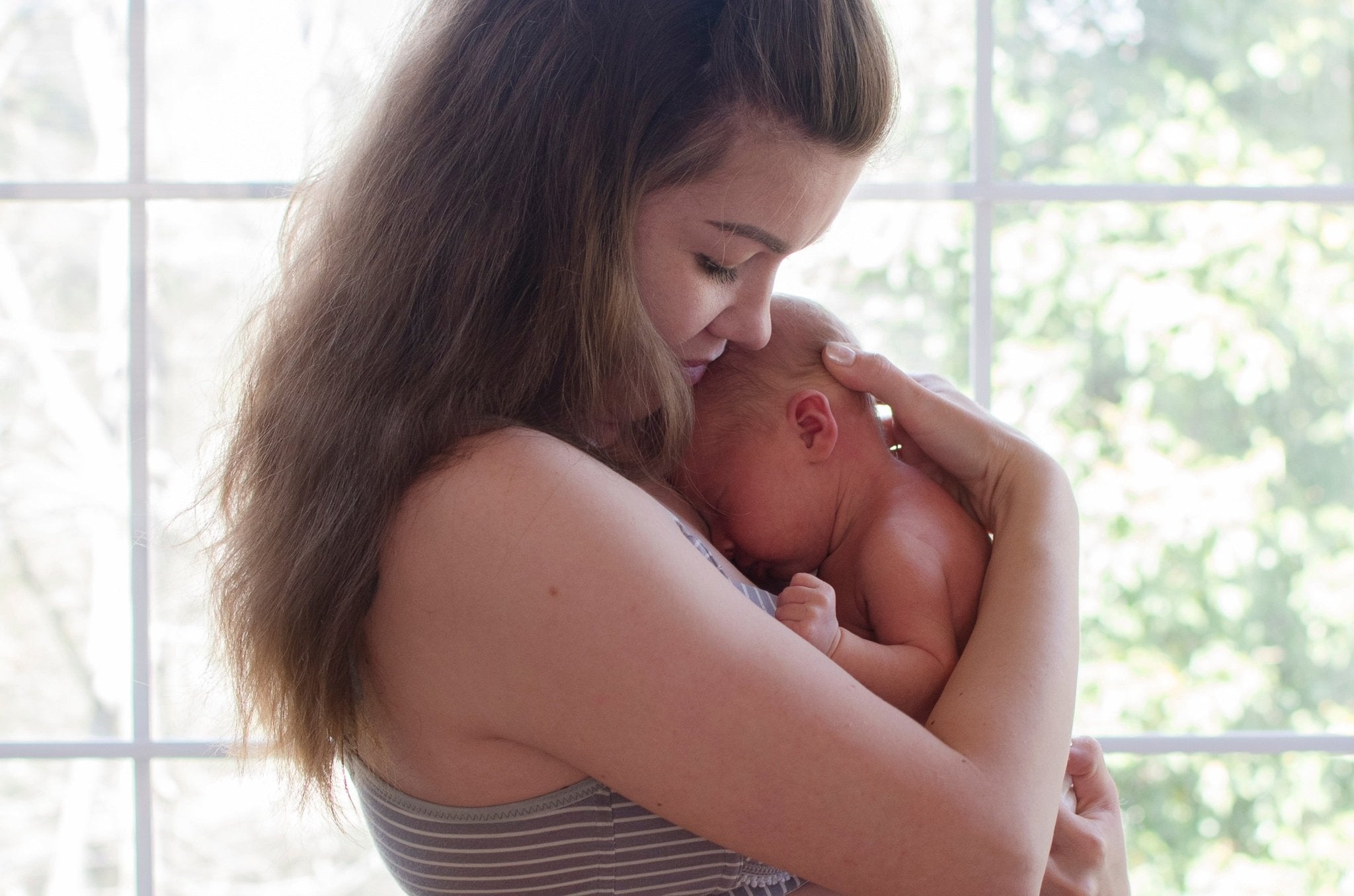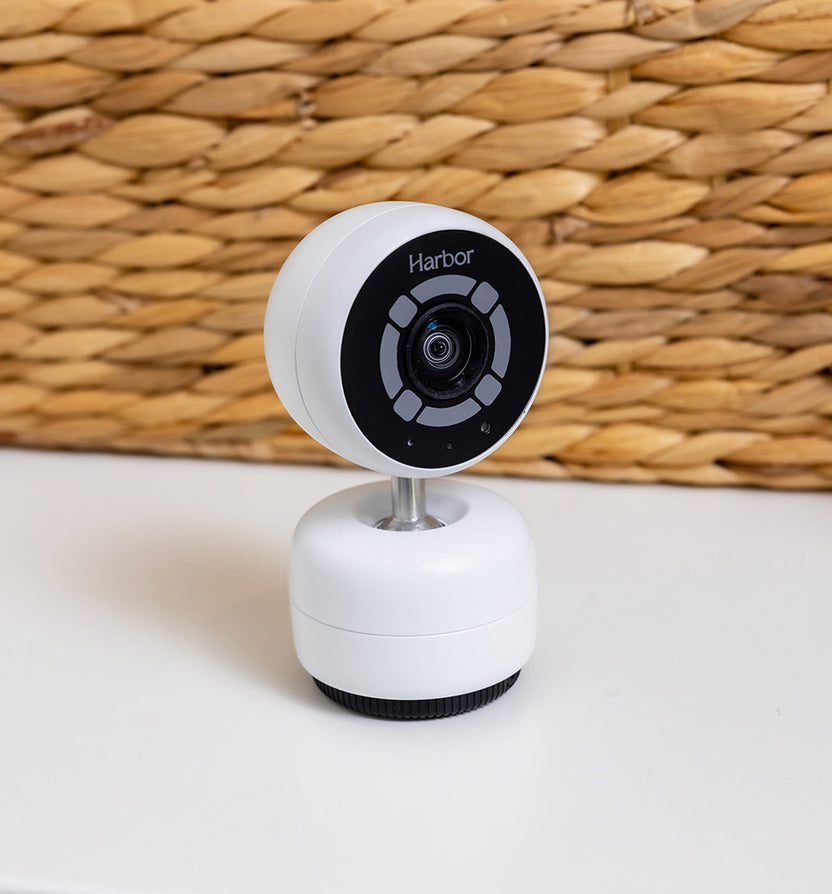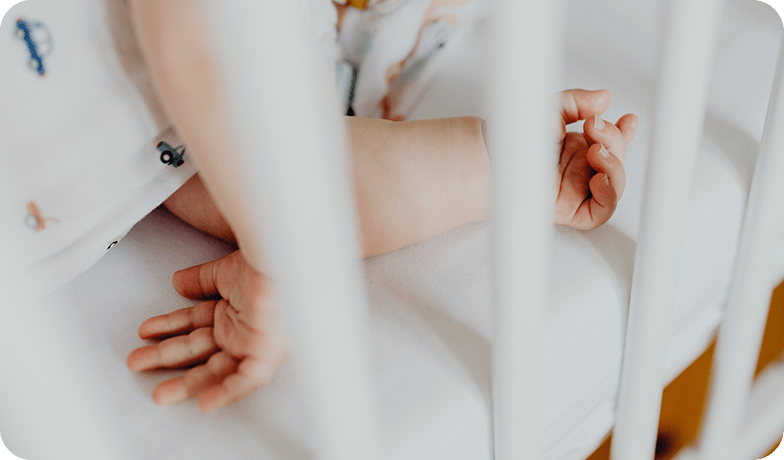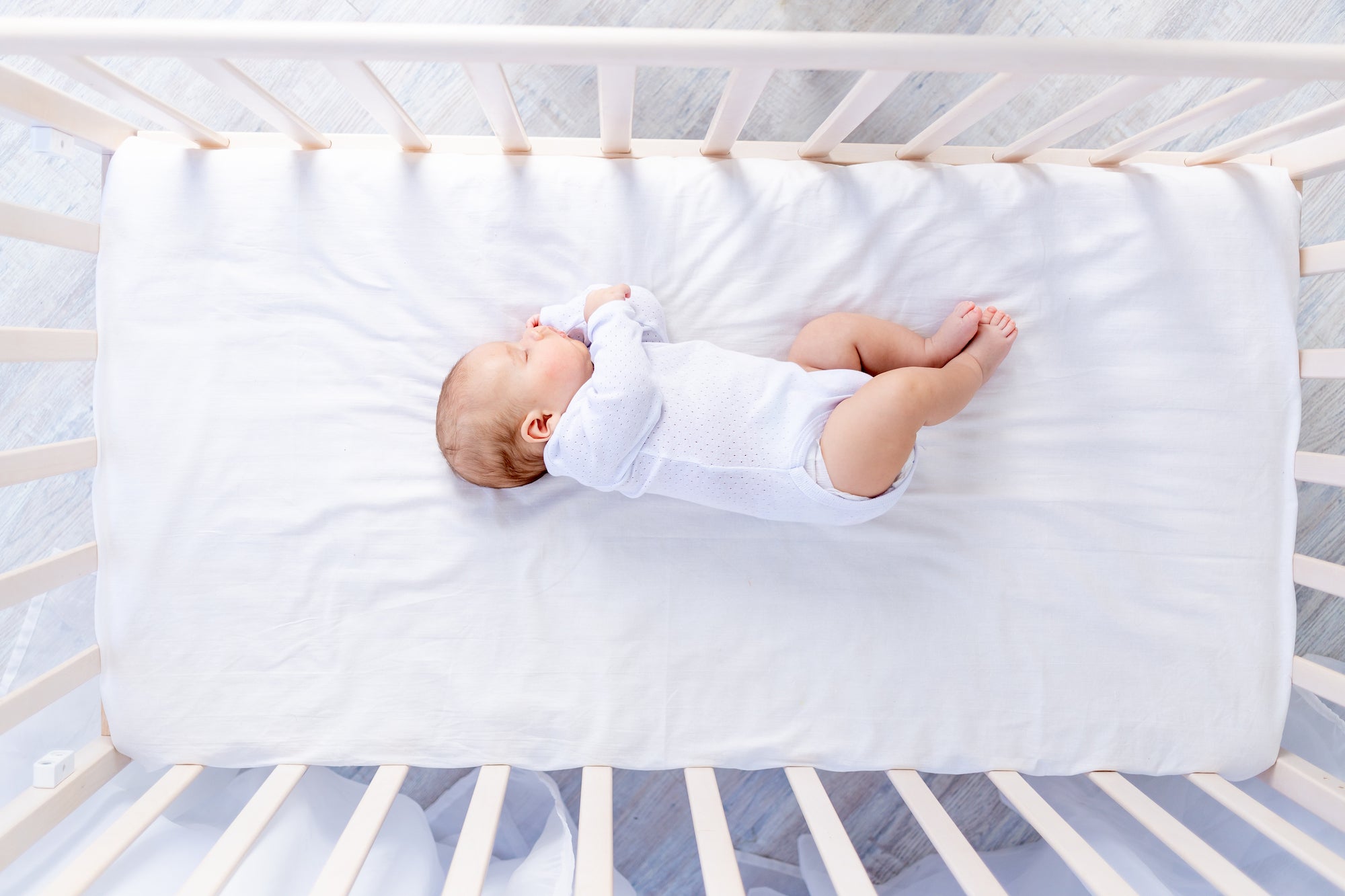
Written by: Jennifer McLeland, MD, MBA.
In the first few weeks postpartum, the focus shifts from mom to the baby, everyone is so focused on that precious bundle of joy that mom often finds herself out of sight with very little in the way of resources or support. Moms are expected to leave the hospital bleeding and in pain and magically be perfect at breastfeeding and healed overnight - which is just unrealistic. It is so important that mom is also taking care of herself and not forgetting about the huge change that has just happened to her and her body. Whether it is your first baby or your fourth, the postpartum period can be very confusing and overwhelming. You are left wondering what is normal and what isn’t and that can be stressful and you find yourself turning to sources like Instagram or TikTok and sometimes that information isn’t so helpful.
Exhaustion: Understanding the New Normal
Nothing prepares you for the exhaustion that comes from having a baby - I thought I would be prepared because of medical residency (so wrong because there is no “post call day” when you have a baby). There are very few breaks and it feels like you are stuck on a never ending treadmill with the forty minute breastfeeding sessions and the twenty minutes to get the baby changed and back to sleep, all to do it again in a couple of hours. It’s even worse when someone tells you to “sleep when the baby sleeps” because it’s hard in the beginning!
What can you do?
If you have a partner or family helping you, be direct about what would be helpful. Maybe they change the diaper before you feed the baby or they get the baby settled back in the bassinet after you are finished with the feeding. You might consider buying some extra bottles or pump parts (depending on your feeding choice) and having someone else help you wash them so you aren’t trying to do that in the middle of the night. If you don’t have family or a partner to help, try and rally your village! Don’t be afraid to ask for help and ask them to come watch the baby for a little bit, your people want to help but a lot of them are scared to intrude.
Soreness: Navigating Physical Discomfort
After a vaginal delivery, it is normal to be sore especially in the perineal area (the space between the vagina and rectum) as it stretched a lot during delivery. You also may have stitches there that are healing from a tear or an episiotomy.
What can you do?
A cold pack (sometimes called a “padsicle”) can be very soothing (just remember to not leave it in place for more than 20 minutes or so at a time).
Cramping: The Uterus Returns to Normal
After you have a baby, your uterus doesn’t just shrink back to normal size overnight. It takes weeks and a lot of cramping to get it to go back down to the size it was before the baby. These cramps can be pretty intense and feel like contractions (and, a lot of moms that are on the second, third, etc. say they are even worse). These cramps are often worse while breastfeeding.
What can you do?
A heating pad on low (but, don’t fall asleep with it) can help and you can ask your OBGYN about pain medications!
Incisional Pain: Recovery from a C-Section
A c-section can be really painful, and sometimes that pain is discounted by everyone around you because they are focused on the baby. Remember it is MAJOR abdominal surgery and it is going to hurt (which is normal, don’t let anyone try to tell you it isn’t).
What can you do?
Hold a pillow over your incision when you have to cough or sneeze. A breastfeeding positional pillow around your waist is really helpful while nursing or bottle feeding to keep baby off of your incision. Don’t be afraid to take prescribed pain medication if you need it (your doctor wouldn’t give you anything not safe for baby).
Bleeding: What to Expect
You will have period like bleeding for up to 6 weeks after you deliver! Some days may be lighter than others but for the first few weeks it is pretty consistent. It is sometimes worse right after breastfeeding or when you get up from laying down.
What can you do?
Mesh panties and big pads are your friend. They may not be super attractive but they are comfortable (and, disposable). Remember to be careful of pads with a top layer that is woven (sometimes called “dry weave”) because it can get stuck in your stitches and that is as bad as it sounds. Also, no tampons because everything is still healing!
Baby Blues: Emotional Rollercoaster
Having a baby can be an emotional rollercoaster for some new moms and that is NORMAL. You might feel a slower connection that you anticipated with the baby, not a “love at first sight” moment or you might find yourself laughing one minute and crying the next. It is totally normal to feel worried about the baby or unsettled. It usually gets better in two to three weeks after delivery!
What can you do?
Try and take a walk outside if you are up for it. Try and do some things for yourself, even if they are small and not time consuming at first (might be as simple as watching your favorite Netflix series or doing a face mask). Make sure you are eating and taking care of yourself. Try and get some rest when you can (remember you don’t have to entertain guests or have a perfect home right after having a baby!). As you feel up to it, you might even try joining a moms group.
What if it doesn’t get better or gets worse?
Definitely call your OBGYN (or, call the Postpartum Support International helpline 800-944-4773)! If you are feeling actively indifferent towards the baby, you are finding your emotional swings are lasting longer and you can’t just snap yourself out of it, you are obsessing over the baby (to the point of staying up all night to check on them) – don’t wait to be seen! These thoughts and feelings do not make you a bad mother! This is something that your OBGYN has certainly seen before and wants to help you but they can’t if they don’t know about it. Loop in your partner if you have one and give them permission to reach out to your doctor too. If you are having thoughts about suicide or harming the baby, don’t wait to call your doctor, head to the emergency department or call 911!
Constipation: A Common Concern
You probably didn’t think that one of the scariest things to do after having a baby would be to poop but it is! Adding in that you have just pushed a baby out or have a big incision, doesn’t help! Between the pain medications and the breastfeeding, you are bound to be a little constipated.
What can you do?
What can you do? Drink water, you have to stay hydrated (even more so if you are nursing) and try to eat fiber rich foods. If you are still having trouble, don’t hesitate to call your OBGYN and ask about other medications you could take. Don’t be embarrassed, we get asked about it all the time!
Take Your Time
Remember that the postpartum period can be a very confusing time – you are constantly told to enjoy this time because it is going to go by so fast but how are you supposed to enjoy being sleep deprived and hormonal? Not to mention your body doesn’t quite look like it used to and neither does your life. Try to think of things that you can do to feel more like yourself – it is okay to take the time to occasionally put ourselves first!
Dr. McLeland is a board-certified OB/GYN with a passion for transforming women's healthcare. She is the former owner of a private practice, combining her executive leadership skills with her 10+ years of clinical experience. Dr. McLeland is currently working with virtual health platforms to provide patient-centered support and extend care beyond the exam room. Dr. McLeland holds a Bachelor of Science in Biology from Marshall University, a medical degree from the Joan C. Edwards School of Medicine at Marshall, and an MBA from the University of Texas McCombs School of Business. She completed her residency in Obstetrics and Gynecology at Baylor College of Medicine in Houston. Dr. McLeland is an active member of several professional organizations, including the American Medical Association, the American Medical Women's Association, and the American College of Obstetricians and Gynecologists.




